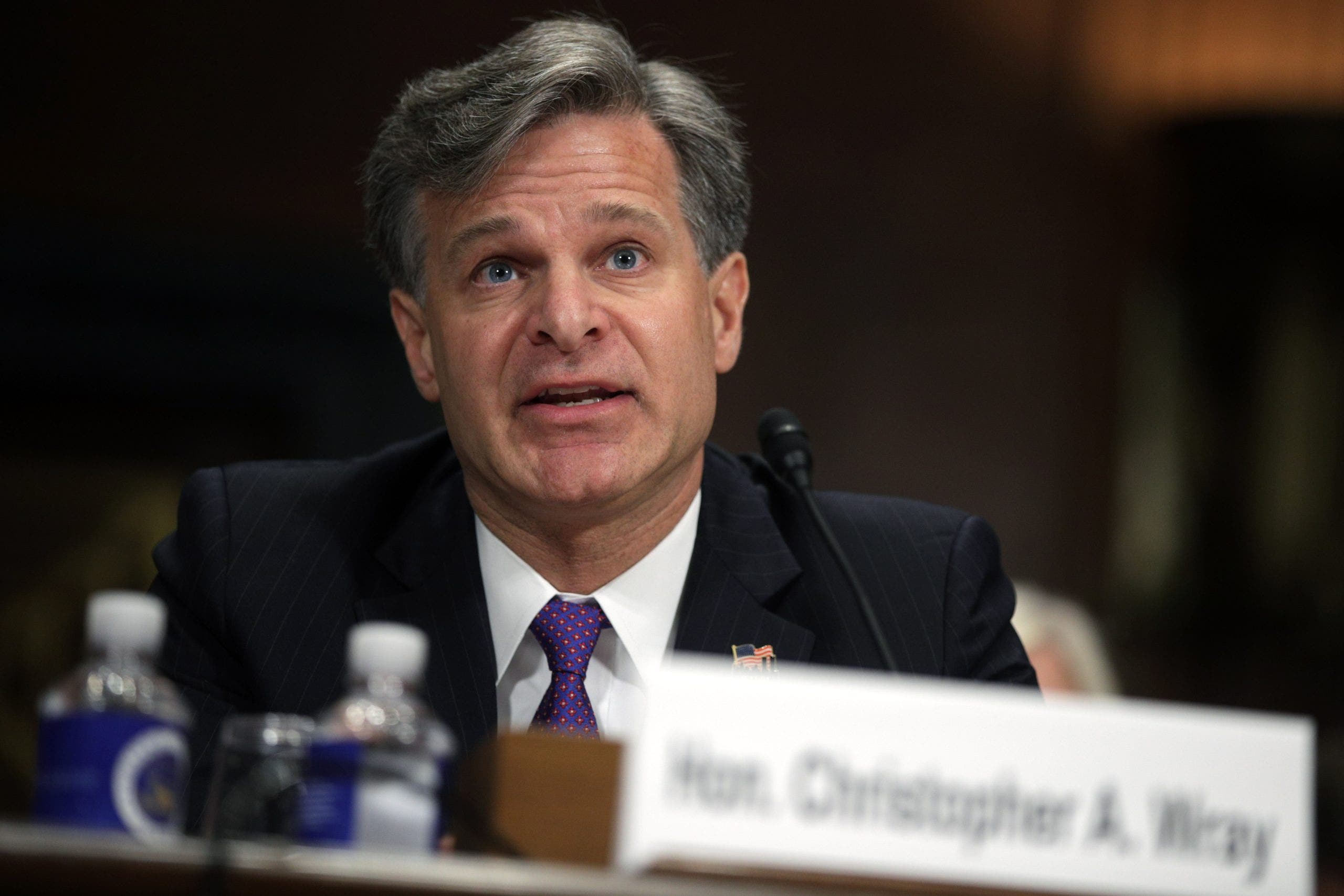FBI Director Wray’s Surprising Resignation: Implications for National Security
In a shocking turn of events, FBI Director Christopher Wray has announced his resignation, a move that comes at a time of escalating national security threats. This unexpected leadership change raises significant questions about the future direction of the FBI and the implications for national security in the United States. Understanding the context of this resignation, its potential impacts, and what lies ahead is crucial for stakeholders and citizens alike.
The Context of Wray’s Resignation
Christopher Wray, appointed as FBI Director in 2017, has navigated the bureau through numerous challenges, including investigations into domestic terrorism, cyber threats, and the complexities of international espionage. His resignation is not merely a personal decision; it comes amidst growing concerns about threats from various fronts, including geopolitical tensions, domestic extremism, and cyber warfare.
Wray’s tenure has been marked by an increased focus on counterintelligence and a response to the rise of domestic threats, particularly from extremist groups. The FBI has faced scrutiny and pressure from various political factions, making the role of the FBI Director particularly challenging. Wray’s decision to step down may signal his recognition of the need for new leadership to tackle these evolving threats more effectively.
Implications for National Security
The resignation of the FBI Director inevitably raises questions about the future of national security in the U.S. Here are a few key implications:
- Leadership Transition: The choice of Wray’s successor will significantly influence the FBI’s approach to ongoing national security challenges. An experienced leader who understands the complexities of the current threat landscape is essential.
- Focus on Domestic Extremism: With the rise of domestic terrorism, the new director will need to prioritize the investigation and prevention of homegrown threats, ensuring that resources are allocated effectively.
- Cybersecurity Challenges: Cyber threats have proliferated, with state and non-state actors targeting critical infrastructure. The new leadership must prioritize cybersecurity initiatives and enhance collaboration with private sectors and international partners.
- International Relations: The FBI plays a crucial role in international law enforcement collaboration. The new director will need to navigate complex global relationships, particularly in counterterrorism and cybercrime.
The Path Forward for the FBI
As the nation reflects on Wray’s contributions, it’s essential to consider how the FBI can adapt and evolve. Here are some potential pathways for the bureau:
- Strengthening Intelligence Sharing: Enhancing the flow of information between federal, state, and local agencies is vital. An emphasis on collaboration will help in identifying threats before they materialize.
- Community Engagement: Building trust within communities can aid in intelligence gathering and prevention efforts. The FBI must focus on outreach programs that foster relationships with diverse populations.
- Training and Resources: Providing agents with advanced training in emerging threats, especially in technology and cybercrime, will be critical. Investing in resources can prepare the bureau for the challenges ahead.
Public Perception and Trust
Wray’s resignation also comes at a time when public trust in the FBI is being tested. The bureau has faced criticism from various sides of the political spectrum, with accusations of bias and mismanagement. The new director will need to focus on rebuilding trust through transparency and accountability. This involves:
- Effective Communication: Clear communication about the FBI’s initiatives and successes can help restore public confidence. Engaging with the media and the public is essential.
- Accountability Measures: Implementing accountability mechanisms within the FBI can address concerns about misconduct or perceived bias. This will be crucial in gaining back public trust.
Looking Ahead: What Lies Ahead for National Security?
The future of national security in the U.S. is intricately tied to the leadership of the FBI. As new threats emerge, the expectations for the bureau will only increase. The next FBI Director will face immense pressure to navigate a complex landscape characterized by:
- Geopolitical Tensions: With rising tensions with countries like China and Russia, the FBI will need to bolster counterintelligence efforts.
- Technological Advancements: The rapid pace of technology innovation will require the FBI to stay ahead of cybercriminals and adapt to new methods of information gathering and analysis.
- Societal Changes: As society evolves, so do the threats. The FBI must remain vigilant and adaptable to respond to new forms of extremism and radicalization.
Conclusion
Christopher Wray’s surprising resignation marks a pivotal moment for the FBI and national security in the United States. The implications of this leadership change are significant, as the bureau faces an array of complex challenges. While uncertainty looms, there is also an opportunity for renewal and growth within the FBI. With the right leadership, a strengthened focus on collaboration, and a commitment to transparency, the FBI can continue to protect the nation from evolving threats. As citizens, it is essential to remain informed and engaged, recognizing the importance of a resilient and adaptive national security framework.
See more BBC Express News

